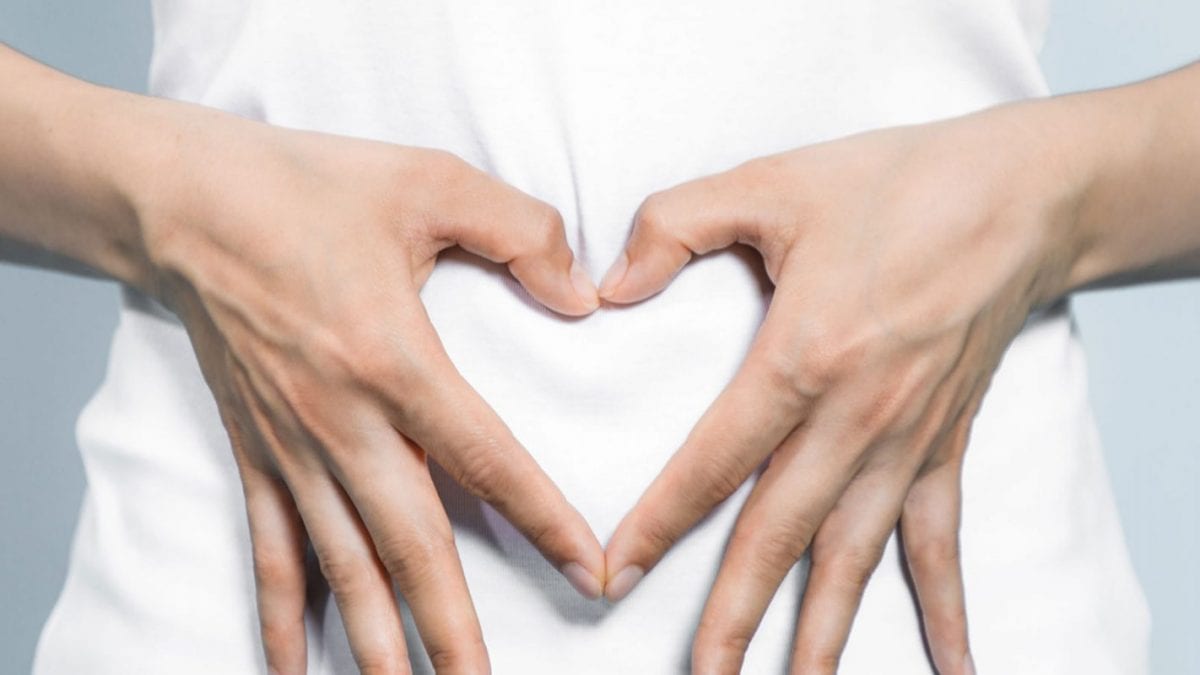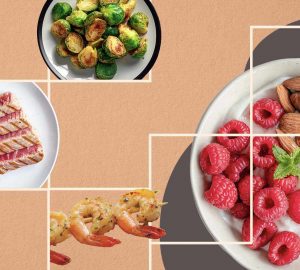A few years ago, if you heard the term “gut health,” most people would have either rolled their eyes and said you were crazy or just scratched their heads in confusion. However, today, the significance of maintaining a healthy gut has become a focal point in discussions about overall well-being. Scientific research has shed light on the intricate relationship between our digestive system and various aspects of our health. In this article, we delve into the top five vitamins and minerals that play a crucial role in promoting a robust and balanced gut. As we unravel the mysteries of the gut microbiome, these essential vitamins emerge as key players in fostering digestive harmony and supporting overall health.
While the idea of gut health is becoming mainstream, there’s still a lot of confusion out there when it comes to actually keeping your gut lining healthy and intact. If you’re not sure where to begin when it comes to working toward getting a healthy gut, start by adding these five vitamins and minerals to your diet. Once you have successfully introduced these, you may wish to look for an additional supplement to give your body an extra boost. If you do decide to buy supplements, it may be worth looking around online to see if there is something available that could save you some money on this purchase. But, before you dive into supplements, you should concentrate on getting these five vitamins and minerals into your body through your food first.
While the idea of gut health is becoming mainstream, there’s still a lot of confusion out there when it comes to actually keeping your gut lining healthy and intact. If you’re not sure where to begin when it comes to working toward getting a healthy gut, start by adding these five vitamins and minerals to your diet.

1. Iron
Iron is an essential mineral that is necessary for healthy red blood cells. It also plays a major role in supporting the good bacteria in your digestive tract.
One study found that iron supplementation helps increase the number of good bacteria in the gut. It also increased the amount of butyrate — an anti-inflammatory bacterial metabolite — in the gut.
Iron is especially beneficial to women, who tend to be iron deficient (especially women who menstruate regularly).
You can get iron naturally from red meat, egg yolks, and leafy greens like spinach. The body has an easier time absorbing iron from animal products, though.
Before you start trying to increase your iron consumption or start taking an iron supplement, it’s important to get your iron levels tested. Too much iron can create serious health problems.
2. Vitamin C
If you want to absorb the iron you’re consuming, it’s important to also make sure you’re consuming adequate amounts of vitamin C.
Vitamin C is an antioxidant that promotes a healthy immune system (the majority of which is found in your gut) and reduces inflammation throughout the body, including in the digestive tract. It also aids in digestion since it supports healthy gums and teeth.
You can find vitamin C in citrus fruits (oranges, grapefruits, etc.), berries, broccoli, and peppers. You can also get it from essential vitamins, although most people find they get sufficient vitamin C from food alone.
3. Vitamin D
Vitamin D is another vitamin that plays an important role in proper immune system functioning. Low vitamin D levels have also been linked to increased rates of inflammatory bowel disease. People with chronically poor digestion can see great benefits by supplementing with vitamin D.
Most people can benefit from vitamin D supplementation.
You can get vitamin D from the sunshine, and from foods like salmon and egg yolks. But, most people don’t spend enough time outside or consume enough of these foods to reach sufficient levels, so supplements can improve your gut health and keep you feeling your best.
4. Zinc
Zinc is a mineral that helps the body produce digestive enzymes, which are necessary for breaking down and absorbing essential vitamins.
Research shows even a mild and/or temporary zinc deficiency can create digestive disorders and reduce the production of digestive enzymes.
People who are diabetic, have parasitic infections or malabsorptive disorders, and those who consume large amounts of fiber tend to be low in zinc. Common symptoms of low zinc include:
- Diarrhea
- Low appetite
- Skin issues like acne and dry skin
Zinc is found in oysters, beef, lamb, and organ meats (specifically beef and pork liver).
5. Vitamin E
Vitamin E is another antioxidant that helps reduce inflammation. It helps heal intestinal permeability (also known as leaky gut syndrome), too, and it improves fat absorption and your absorption of fat-soluble vitamins like vitamin A and vitamin D.
Men, in particular, need to make sure they’re consuming sufficient amounts of vitamin E, as it can also help prevent prostate cancer. That’s why it’s often found in vitamins designed specifically for men.
Vitamin E is present in most multivitamins. But, you can also get it from foods like hazelnuts, sunflower seeds, and almonds.
Final Thoughts
You can significantly improve your gut health by adding these five vitamins and minerals into your diet. Before you go out and buy a bunch of fancy supplements, start by covering your bases with these easy-to-get essential vitamins.








